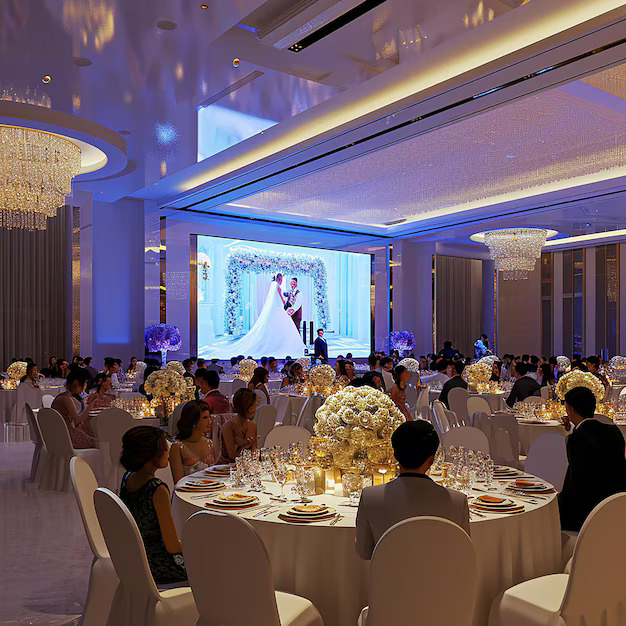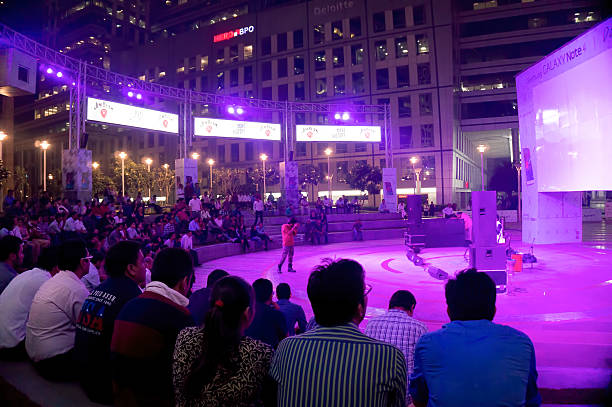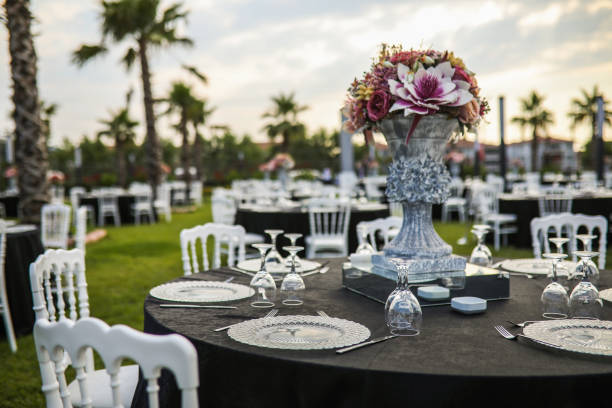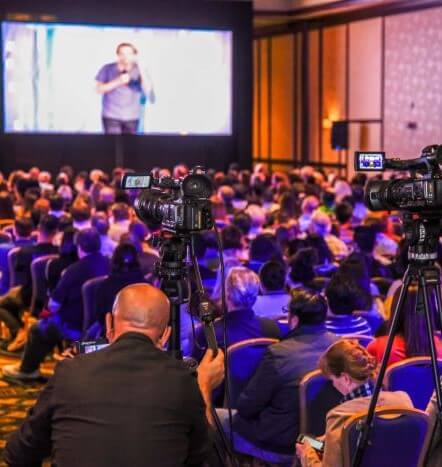
When it comes to event planning, finding the right balance between quality and cost can feel overwhelming. While the great Abraham Lincoln may not have had event planning in mind when he spoke about the importance of careful preparation, his words resonate deeply in today’s corporate landscape. In this guide, we’ll explore the essential elements of budgeting for business meetings and conferences, making your event planning process seamless and effective.
Why Event Budgeting Matters
Creating a well-structured event budget is the cornerstone of successful event management. Here’s why it’s crucial:
Comprehensive Planning: A detailed budget acts as your roadmap, guiding every decision and detail of the event.
Financial Control: It prevents overspending by keeping you aware of your financial limits.
Resource Allocation: A clear budget allows you to distribute resources effectively across all event components.
Risk Management: Anticipating potential risks and having contingency plans can safeguard your investment.
Stakeholder Trust: A transparent budget builds credibility and trust with stakeholders.
Performance Benchmark: Post-event, comparing actual expenditures against your budget helps evaluate financial performance.
Key Factors Influencing Your Event Budget
1. Event Type
Whether it’s a virtual, physical, or hybrid gathering, each format has distinct costs. Virtual events may incur expenses related to technology and platform fees, while in-person events require budgeting for venues, catering, and logistics.
2. Location
The city where your event takes place significantly impacts costs. Consider venue rentals, accommodation, and local permits—larger cities typically have higher expenses.
3. Venue Selection
The venue often constitutes a major chunk of your budget. The price varies widely based on location, size, and amenities. Opting for a high-end hotel will cost more than a community hall, so choose wisely based on your event's needs.
4. Attendee Count
Your guest list directly affects expenses. More attendees mean larger venues, more food, and additional staff for management and security. Accurate headcount estimates are essential for budgeting.
5. Target Audience
Costs can also vary based on your audience. Events for high-level executives may require personalized marketing strategies that can increase costs.
6. Ambiance and Theme
The overall aesthetic of your event, from decor to lighting, influences the budget. A simple setup is more affordable than a luxurious one with intricate designs and high-end technology.
7. Timing and Duration
The length and timing of your event affect logistics and expenses. Morning events often cost less than evening ones, and shorter events incur lower catering and staffing costs.
8. Catering and Entertainment
If you plan to serve cocktails, budget for licenses, alcohol, and bartending services. Similarly, entertainment costs vary based on the type and expertise of performers you hire.
Simplifying Your Budgeting Process
To streamline your budgeting efforts, consider using an Event Budget Calculator. This tool offers:
Instant Financial Overviews: Input your preferences and see how they impact your budget.
Adjustable Allocations: Prioritize spending based on your specific needs.
Automated Calculations: Eliminate miscalculations with built-in formulas.
Conclusion
Mastering event budgeting isn’t just about saving money; it’s about strategically allocating resources to ensure your event’s success. By carefully considering the factors outlined above, you can craft an event that not only meets but exceeds expectations—all within budget.
Ready to make your next event unforgettable without breaking the bank? Reach out to Cool Cactus Events for expert event management services that cover everything from planning to execution, helping you engage your target audience effectively

.jpg)











.jpg)






























.jpg)





_11zon.jpg)

